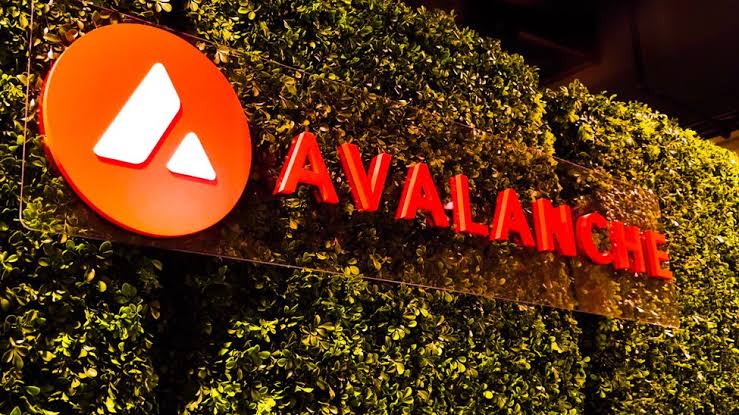Republic Crypto, a startup fintech, informed CoinDesk on Friday that it would host its soon-to-be-launched revenue-sharing tokenized security on the Avalanche blockchain.
Investors who purchased a portion of the upside in the company’s venture portfolio will receive stablecoin dividends from Republic through the asset known as R/Note. Republic will give holders their pro rata share of up to 25% of the dividend pool each time it exits a particularly profitable investment. R/Note, a token within the rapidly growing cryptocurrency “real world asset” (RWA) craze, differs from thousands of other tokens in the market by being a security. It will be paying dividends from the proceeds of equity sales, so that’s by design.
As even major banks test this trillion-dollar opportunity, tokenization—the process of bringing traditional investments or RWAs like bonds or private funds to blockchains in the form of tokens—has emerged as one of the most exciting areas of cryptocurrency.
Because of this, R/Note is subject to more stringent regulations regarding ownership and trading than the majority of other blockchain-based tokens. The reason Avalanche blockchain works best for RWAs is “because it has innate features” that other chains don’t, such as the capacity to create controllable subnets, according to Republic Crypto CEO Andrew Durgee.
Subnets are extremely flexible side chains that are capable of optimising for a variety of factors, including compliance with digital security regulations.
Similar interest in Avalanche has been shown by other well-known figures in the investing world. J.P. Morgan reported this week that it had tested a permissioned Avalanche subnet tokenized portfolio. The token for Avalanche (AVAX) has increased by roughly 40% in the last week.
Durgee claimed that digital securities like R/Note have an advantage over their off-chain counterparts beyond the choice of chain. One example would be the raison d’être, which is the prompt distribution of dividends from equity exits.
“It’s nearly impossible for me to directly send you additional security in a regular form. But in a tokenized form I can send it to you immediately,” he said. According to Durgee, Republic recently concluded a public sale in which it sold $30 million worth of R/Note. The asset intends to have a secondary market once it goes live on the Avalanche blockchain.
Although tokenized securities are not new to the cryptocurrency space, Republic claims that its version is more approachable and therefore more feasible than many of the competitors. Durgee ascribes this to Republic’s internal issuance and trading of these assets through its “whole stack” structure, as opposed to depending on counterparties “with different goals and different motives.”
“If you believe in a tokenized future, Republic is at the very top of that pyramid,” he stated.


